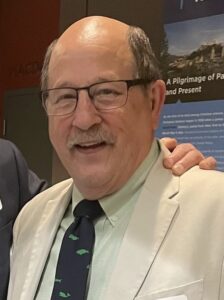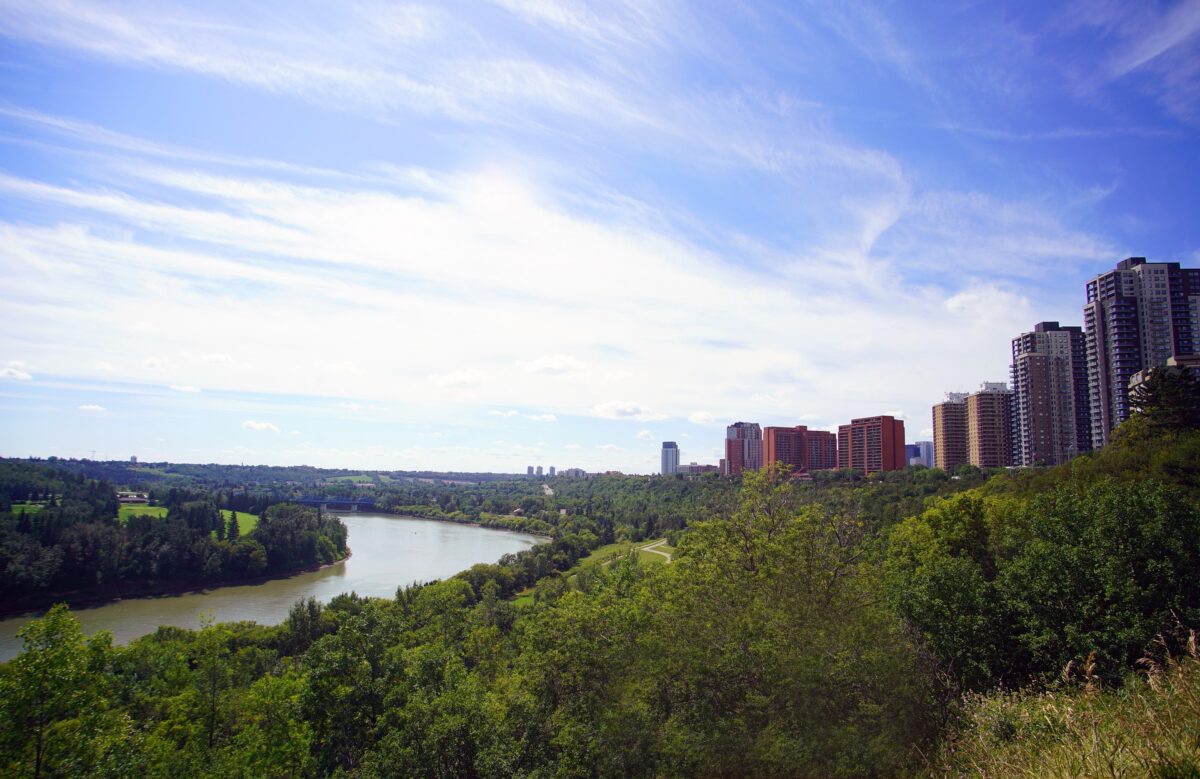
For the past 50 years, the Canadian Scientific and Christian Affiliation has facilitated discussions about science and Christian faith in Canada. As part of our 50th-anniversary celebrations, we asked 50 CSCA members to comment on their personal connections to science, scripture, and Canadian scenery. We will share these contributions throughout 2023 in the hope that you will find them engaging and encouraging.
CSCA member of the week: John R. Wood, Retired Professor of Biology & Environmental Studies, The King’s University; Emeritus Executive Director for The ASA.
 1. Why did you choose your scientific discipline?
1. Why did you choose your scientific discipline?
Well, that is a story! My journey to an academic life was neither pre-destined nor a random walk. Yet looking back it seems like there were elements of both. I grew up on a rural acreage, near a lake, in the age of “free-range children.” At our house, mom gave us three guiding rules: “Go outside; find something to do; stay out of trouble.” That is an invitation to become a biologist! Then in high school, my pastor said, “We need men like you in the ministry.” So, he arranged for the financing I needed for university. From then on, a number of inspiring instructors let me expand into my love of insects and aquatic systems. Most importantly, on graduation, the department chair gave me an ASA student subscription that launched me into this society. So, while there were many other potential career paths, the love of teaching from the natural world drew me on through a PhD and four decades in Christian Higher Education.
2. What is one of your favourite Bible verses and why?
“The lot is cast into the lap, but its every decision is from the Lord.”
—Prov. 16:33.
This one was fixed in my mind somewhat late – probably in graduate school. It may have been when I studied statistics or had time to ponder the expanse of deep space or of deep time. Or maybe when some unanticipated suffering came pressing into life for Cathy and me, our family or our friends. But whenever it was, my pastor’s wife summed it up one day: “There are no secondary causes with God.” The concept of chance is only rarely mentioned in scripture. In fact, the writers of scripture, as Blaise Pascal noted, did not begin with an “if-then” question or a probability statement about creation or the Creator. But it is clear throughout that agency begins (and ends) with The Agent of agents; the Trinitarian body (or community?) of God.
This passage reminds us that there is meaning and purpose, even in the random order of nature. It is more faith statement than empirical observation – more a commitment than a fact. And it is I think, both a description of how the world works, and a comfort and encouragement in it.
3. Which Canadian city or landscape do you love exploring and why?
Over the last three decades, I have had the joy of walking the North Saskatchewan River valley. This post-Pleistocene River bisects Edmonton on a diagonal, southwest to northeast (It runs now near the bedrock course of a buried preglacial river valley). This glacial-fed river neatly halves the urban landscape yet is largely hidden some 100 meters below the surrounding urbanized tablelands. The longest stretch of urban river park in North America, it keeps wildlife almost daily in our conversation. The river provides an educational extension to our campus and lets us teach directly from nature. The wetlands that ring the city are hydrologically connected to the river. Together they are, what one professor beautifully said, “Like pearls strung on the neck of the City” – flashing blue, white and green across the seasons. It is a joy introducing students to this urban wonder. We can direct their eye to landscape processes that they only imagined happening somewhere distant in nature, away off perhaps in some Rocky Mountain National Park. Now they see it here, in our home.
